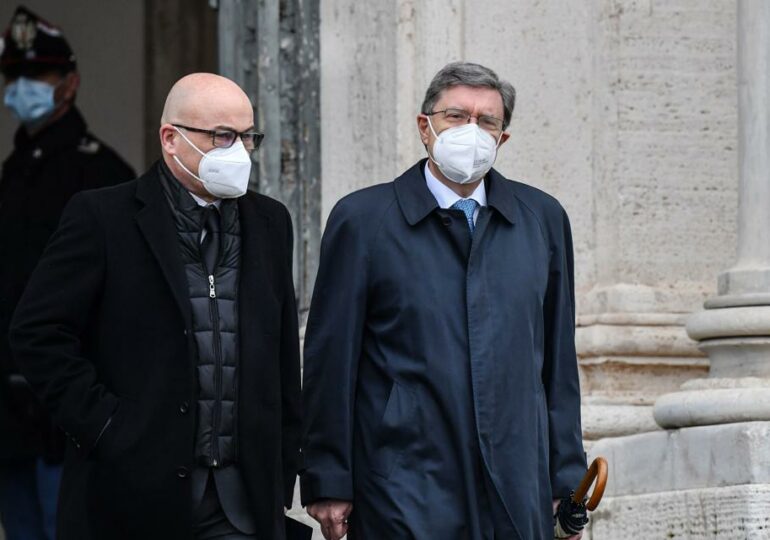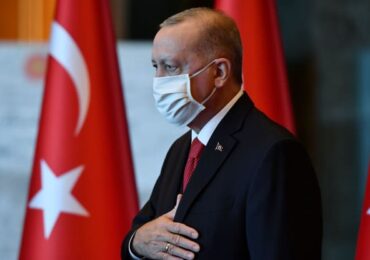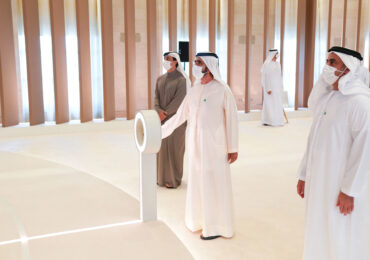For the first time in its history, Italy is going to have a Ministry for Ecological Transition, meaning a specific institution for the transformation of the Italian production system towards a more sustainable model. This is more than simply an enhanced Environment Ministry, but a brand new concept that aims at subverting the entire approach to production, consumption and lifestyle in the country at large.
The Ministry, born with Italy’s new government, is going to be led by Roberto Cingolani, physicist and former chief of the Italian Technology Institute. Specifically, the Ministry is going to play a big role in the decision on how to spend €70 billion ($84 billion) out of 209 billion ($260 billion) of the Recovery Plan, the European scheme to relaunch Italy, of which green policies constitute more than one third (37%).
The idea of a Ministry for Ecological Transition is not new in itself, but it is based on the example of countries such as France and Spain. In France, the Ministry accrues within its duties a principle of social justice, meaning it does not only deal with environmental protection, but also manages transport, the energy sector, housing policies and biodiversity safeguard. In Spain, a similar Ministry was founded specifically with the objective of promoting a law on climate change and creating a comprehensive energy strategy for the country. In Switzerland, a specific federal department devoted to the green transition brings together several sectors: Environment, Transport, Energy and Communications.
In Italy, the newly founded Ministry is going to gather some of the key responsibilities that normally pertain to the Ministry of Economic Development; specifically, it is going to accrue all activities revolving around energy policies, transport emissions, alternative energy resources, sustainable development policies, circular economy and related policies. On top of these, the Ministry is going to deal with more classic environmental responsibilities such as waste management, water resources management and environment defense.
“I would like to point out the new acronym of the Ministry: Mite [meaning ‘gentle’, ‘tame’ in Italian],” said Minister Roberto Cingolani. “Gentleness is the lost virtue that we need to recover and that suggests how we want to work: to build on the strength of our motives and on the awareness of the social and environmental challenge, debating whilst being open, caring for future generations. The challenge is impressive, we do not have much time”.
The birth of the Ministry for Ecological Transition was very much pushed for by the Five Star Movement and specifically by its founder Beppe Grillo, who met with prime minister Mario Draghi to discuss the topic on the occasion of the presidential consultations. According to official statements, the Movement’s presence in the new government was bound to the foundation of this ministry. “The ecological transition does not only mean environmental and green issues, but we will completely revise the concept of work and enterprise and we will open a modern and innovative path that will makes us much more competitive in Europe and in the world: it also means to create new, stable and long-lasting work opportunities,” Foreign Affairs Minister and Five Star member Luigi Di Maio said.
According to Ivan Novelli, president of Greenpeace Italy, “The political sector in Italy has never considered the climate emergency as a priority. Prime minister Draghi’s approach is very different”. Stefano Ciafani, president of Legambiente, one of the main environmental organizations in the country, also welcomed the formation of this new ministry. “The resources [of the Recovery Plan] are many and they all need to be spent on the right projects: wind and photovoltaic installations, implants for circular economy” alongside the “need to simplify bureaucracy, reinforce environmental control and professionalize public administration. His words [Draghi’s] give us hope,” he said.













